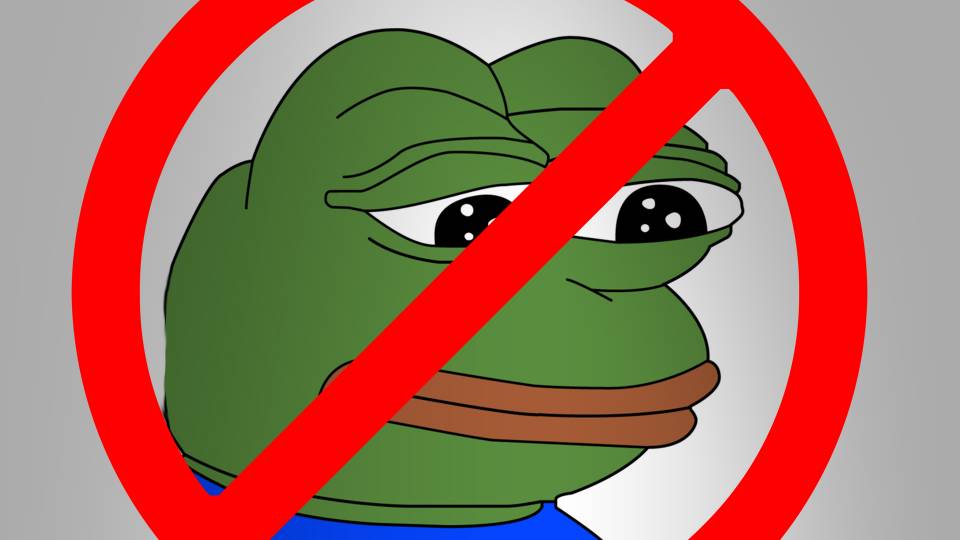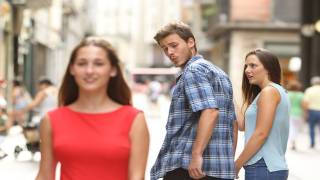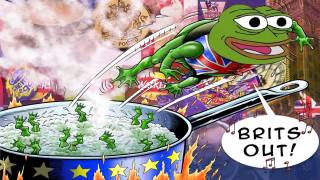Disastrous EU Copyright Bill Vote Approved - Meme Jihad To Commence
A committee of MEPs has voted to accept major changes to European copyright law, which experts say could change the nature of the internet.
They voted to approve the controversial Article 13, which critics warn could put an end to memes, remixes and other user-generated content.
Article 11, requiring online platforms to pay publishers a fee if they link to their news content, was also approved.
One organisation opposed to the changes called it a "dark day".
The European Parliament's Committee on Legal Affairs voted by 15 votes to 10 to adopt Article 13 and by 13 votes to 12 to adopt Article 11.
It will now go to the wider European Parliament to vote on in July.
Censorship
Last week, 70 influential tech leaders, including Vint Cerf and Tim Berners-Lee, signed a letter opposing Article 13, which they called "an imminent threat to the future" of the internet.
Article 13 puts more onus on websites to enforce copyright and could mean that every online platform that allows users to post text, sounds, code or images will need some form of content-recognition system to review all material that users upload.
Activist Cory Doctorow has called it a "foolish, terrible idea".
Writing on online news website BoingBoing, he said: "No filter exists that can even approximate this. And the closest equivalents are mostly run by American companies, meaning that US big tech is going to get to spy on everything Europeans post and decide what gets censored and what doesn't."
Article 11 has been called the "link tax" by opponents.
Designed to limit the power over news publishers that tech giants such as Facebook and Google have, it requires online platforms to pay publishers a fee if they link to their news content.
The theory is that this would help support smaller news publishers and drive users to their homepages rather than directly to their news stories.
But critics say it fails to clearly define what constitutes a link and could be manipulated by governments to curb freedom of speech.
After the vote, US not-for-profit organisation Creative Commons, which aims to make more content free for others to share, called it a "dark day for the open web".
.@EP_Legal has adopted both Article 11 (#linktax) and Article 13 (#CensorshipMachines). It’s a dark day for the open web, but the fight will continue in the upcoming plenary vote in the European Parliament. #SaveYourInternet #SaveTheLink #FixCopyright
— Creative Commons (@creativecommons) June 20, 2018
Open Rights executive director Jim Killock told the BBC: "Article 13 must go. The EU parliament will have another chance to remove this dreadful law.
"The EU parliament's duty is to defend citizens from unfair and unjust laws.
"MEPs must reject this law, which would create a robo-copyright regime intended to zap any image, text, meme or video that appears to include copyright material, even when it is entirely legal material."
But publishers, including the Independent Music Companies Association (Impala) welcomed the vote.
"This is a strong and unambiguous message sent by the European Parliament," said executive chair Helen Smith.
"It clarifies what the music sector has been saying for years: if you are in the business of distributing music or other creative works, you need a licence, clear and simple. It's time for the digital market to catch up with progress."






















